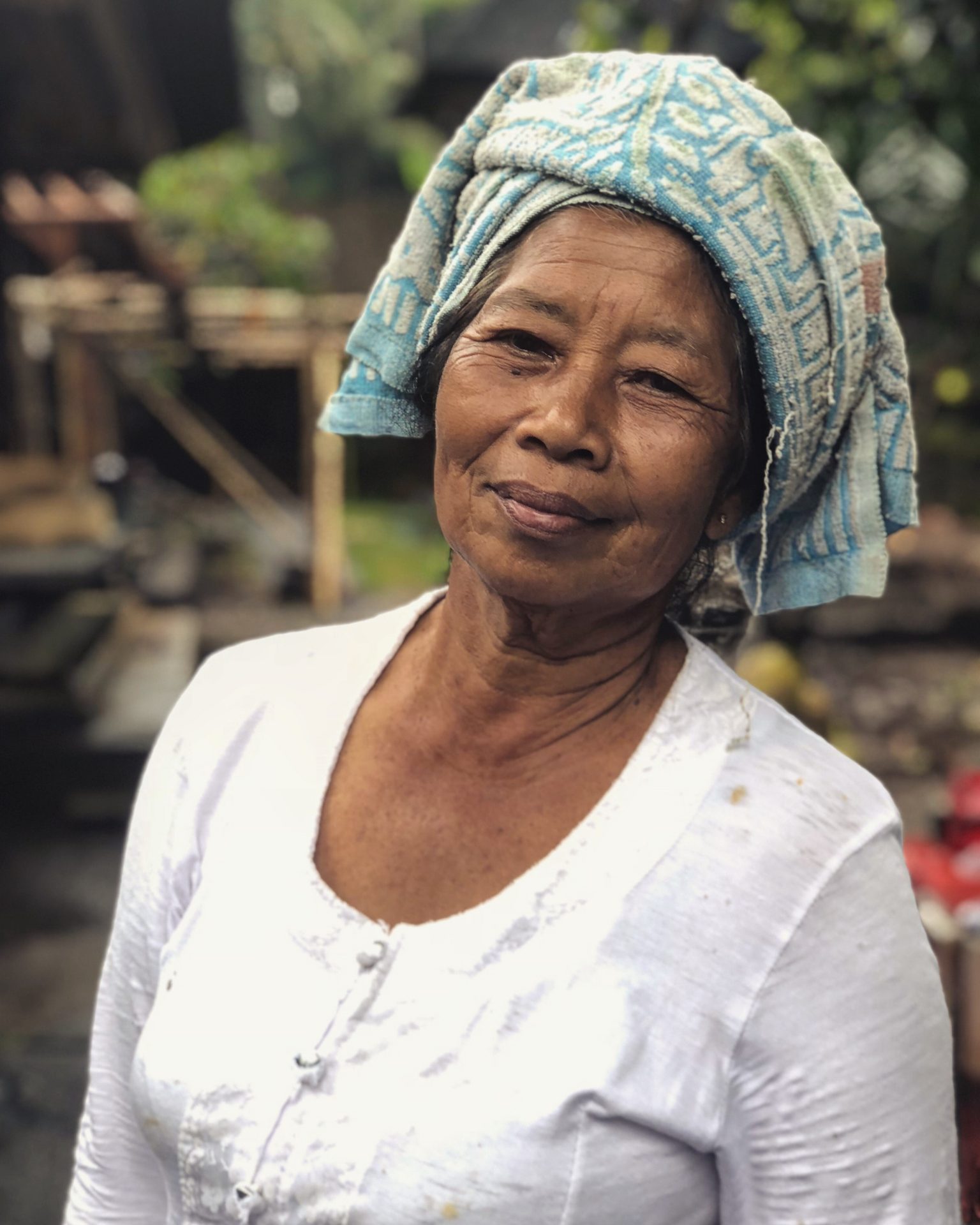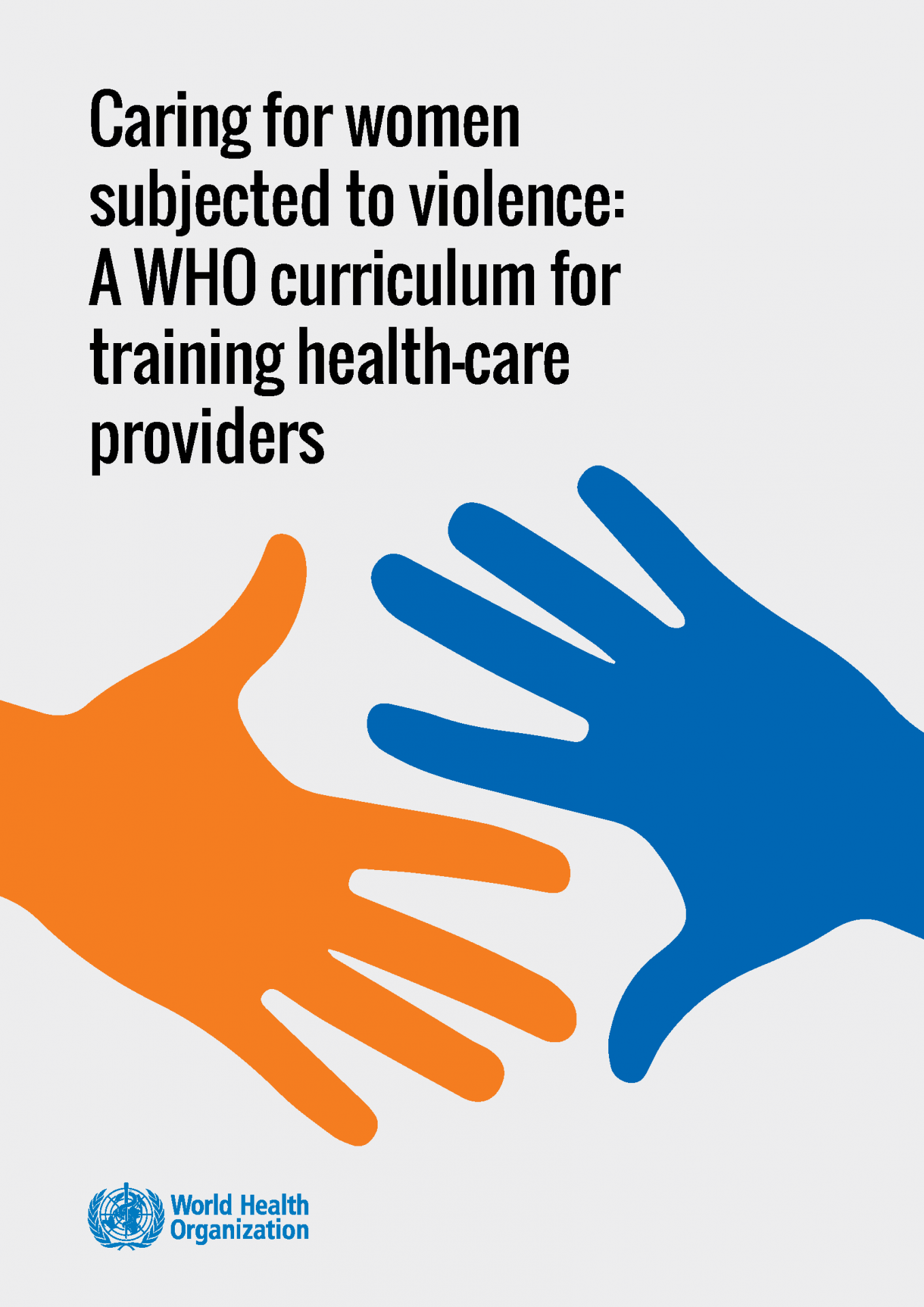- This training curriculum is primarily designed for practising health-care providers in low- and middle-income countries, particularly doctors, nurses, and midwives
- Parts of it may also be useful to other health-care providers, including psychologists, social workers, nurse assistants, community health workers, and lay counsellors
This training curriculum builds upon the WHO clinical handbook, “Health care for women subjected to intimate partner violence (IPV) or sexual violence.” It is designed to build the skills of healthcare providers, particularly in low- and middle-income countries, for responding to IPV and sexual violence against women (VAW). Importantly, the course also provides guidance on how to reflect on one’s own attitudes towards survivors of violence and understand their experiences.
Participants will learn how to provide women-centred clinical care, including identifying women experiencing violence, providing first-line support though the LIVES approach (Listen, Inquire, Validate, Enhance Safety, and Support), providing essential clinical care for survivors, and identifying local support resources. Importantly, the course also provides guidance on how to reflect on one’s own attitudes towards survivors of violence and understand their experiences.

Furthermore, it should also be based on the promotion of gender equality. Our beliefs and attitudes often reflect the norms and values of the societies we live in. As such, it’s important to self-reflect, examine whether these norms might harm survivors, and challenge them in interactions with survivors and as role models in our communities.
They can do this by reaching out to women they suspect are experiencing violence; listening to survivors’ stories; showing empathy; believing women’s experiences and not blaming them for the violence; asking them about their needs; encouraging them to seek support and providing options; and supporting their agency in making decisions that are right for them by respecting their choices.
Even in low-resource settings, front-line providers can offer basic psychosocial support, assess and manage moderate-severe conditions, or provide referrals to mental healthcare specialists. Providers should be aware of their own emotional needs, practice self-care, and seek professional help when needed.
Clinical care for survivors of sexual assault/rape includes obtaining consent, history-taking, forensic examination, treatment, and care. Good documentation of IPV and sexual violence is key to providing quality care and legal proceedings. All survivors will benefit from first-line support (LIVES), and some may need additional mental health or psychological care depending on their symptoms.
Family planning clients and HIV-positive women will need specific advice that meets their needs for safety, including negotiation for safer safe.
Listen. This the most important part of empathetic, non-judgmental, effective communication and the basis of first-line support.
Inquire about her needs and concerns in a caring way, putting her at the centre of decisions.
Validate what she is telling you. Showing that you understand and believe what she says without judgement or conditions.
Enhance safety by conducting a risk assessment, maintaining privacy and confidentiality, and making a safety plan and necessary referrals.
Facilitate support by warmly providing referrals to known support services, either formal or informal, that respond to her stated needs. Support her to make decisions that are right for them, and respect the survivors’ wishes and choices. Providers are also responsible for knowing the legal and policy context that affects the care they provide
Women subjected to violence have the right to the highest possible standard of health care. Health-care providers have an obligation to fulfil this right, and they are in a unique position to support women subjected to violence. They can create a safe and confidential environment for facilitating disclosure of violence and offer an empathic response, appropriate treatment and referrals to other resources and services.





